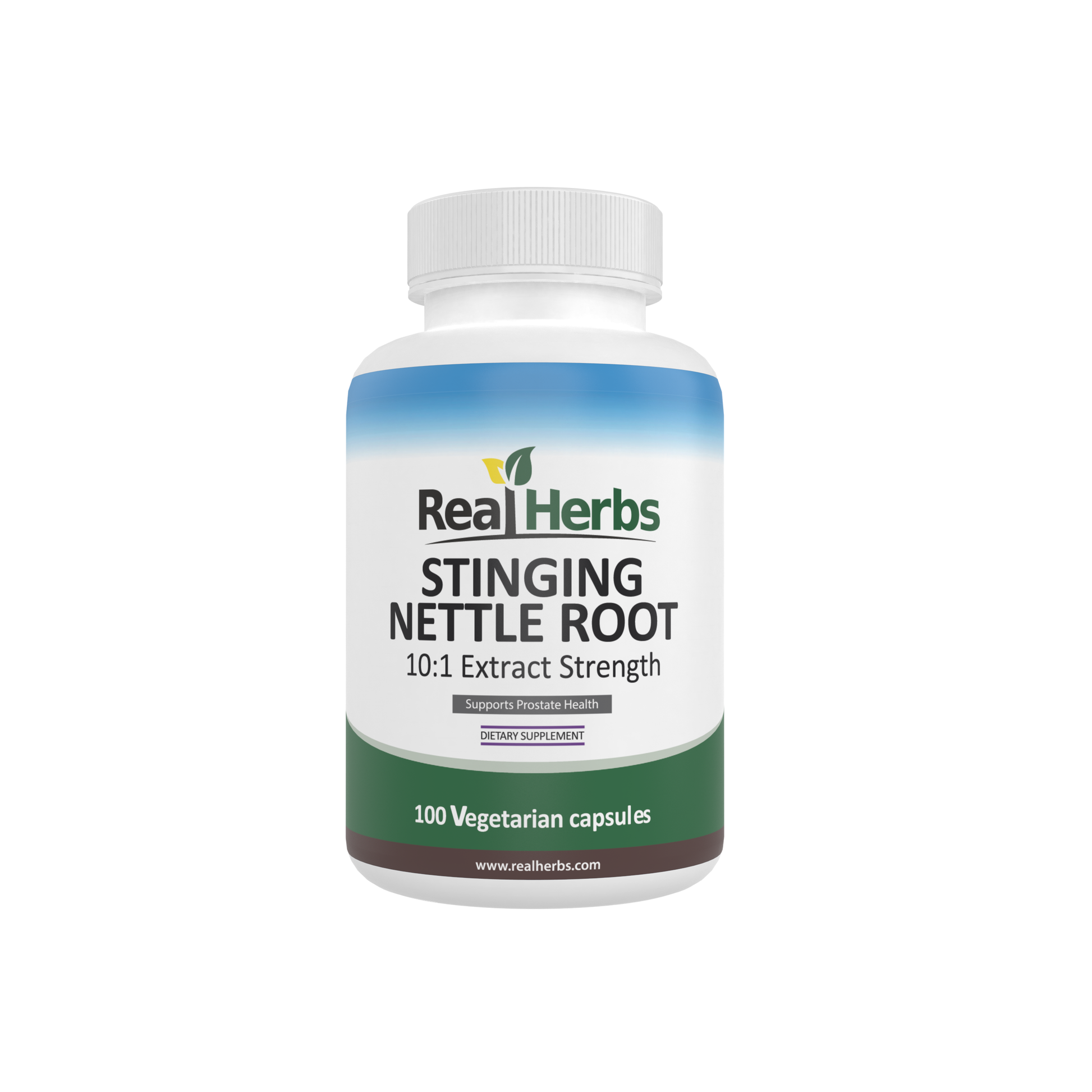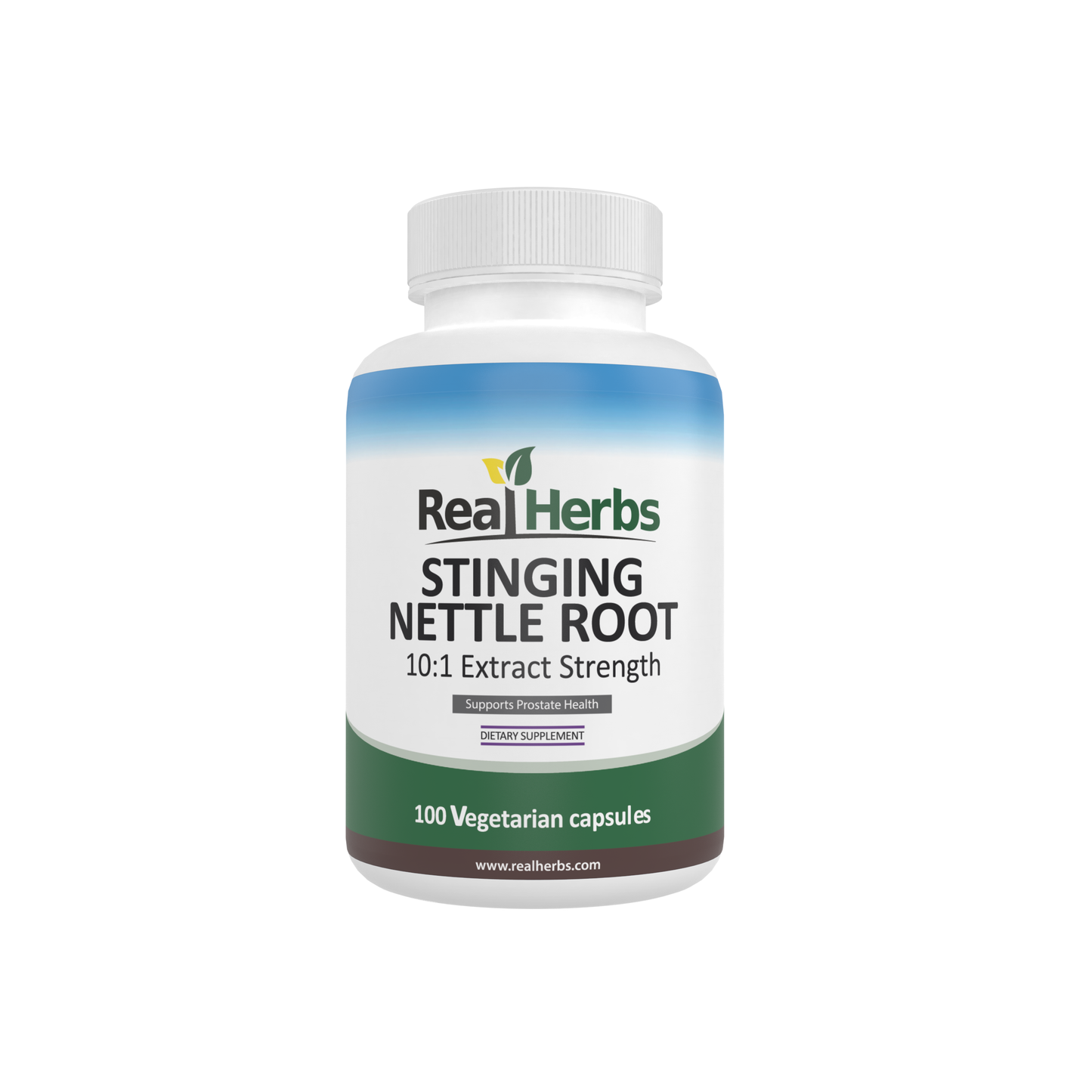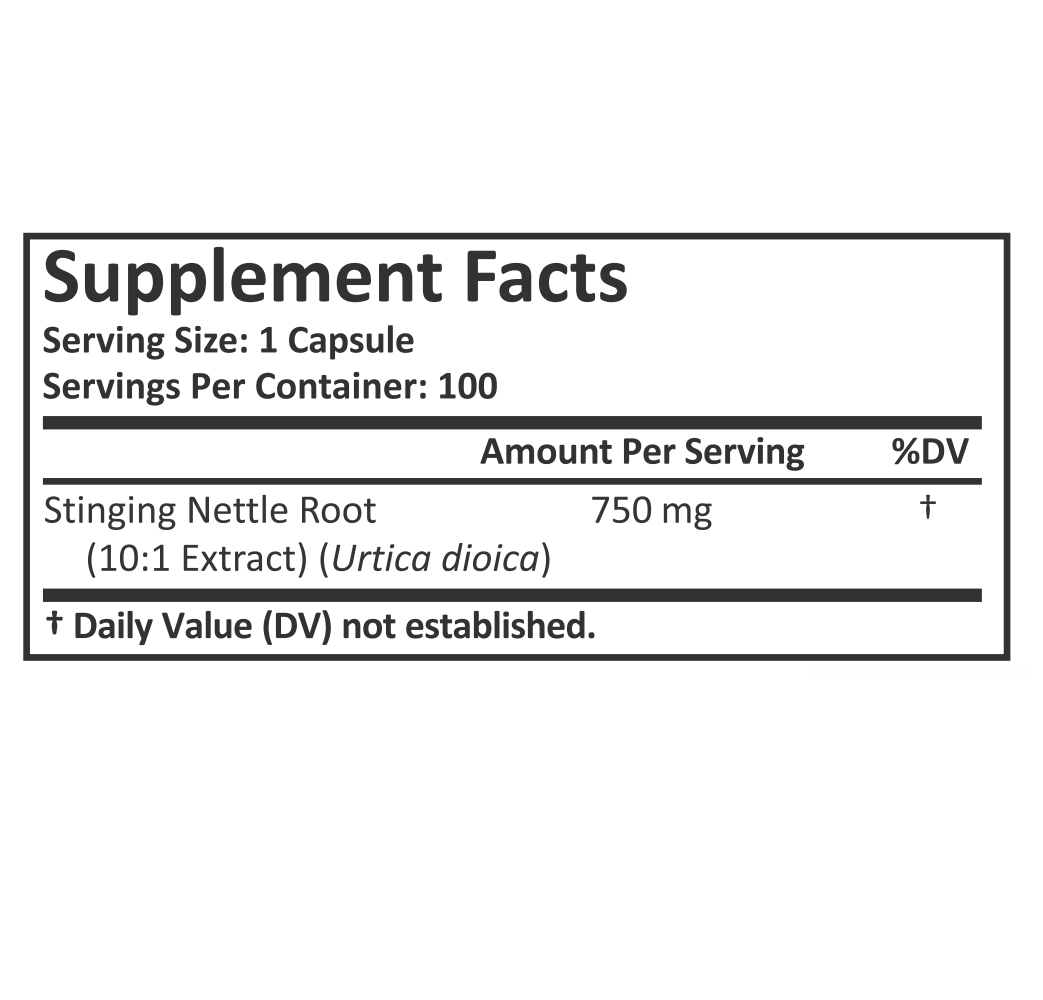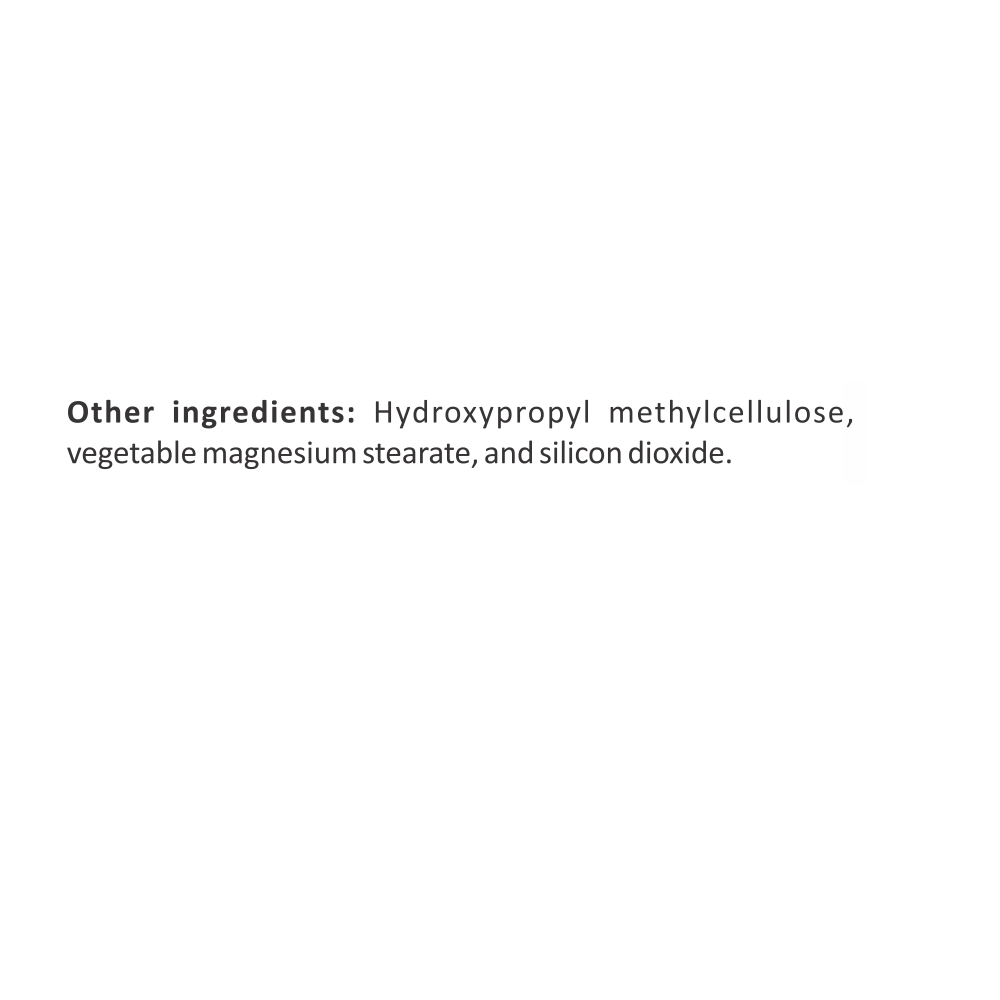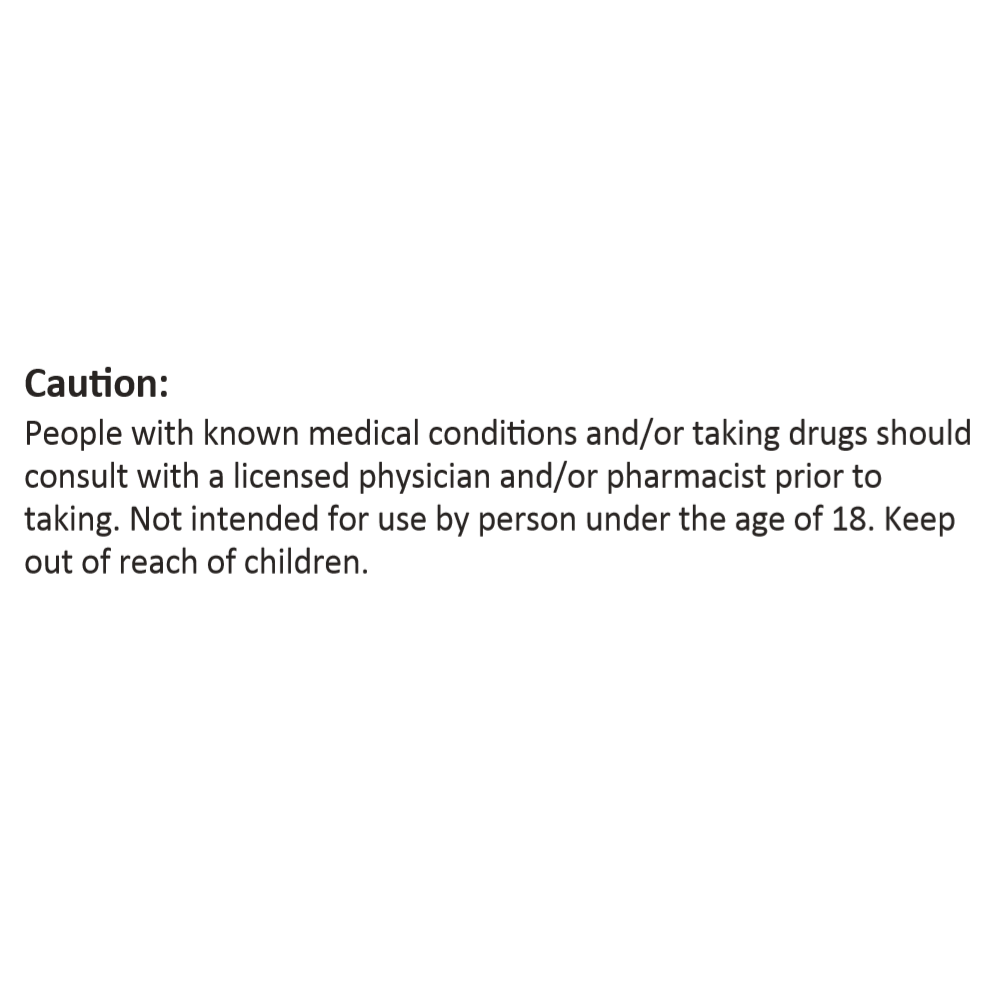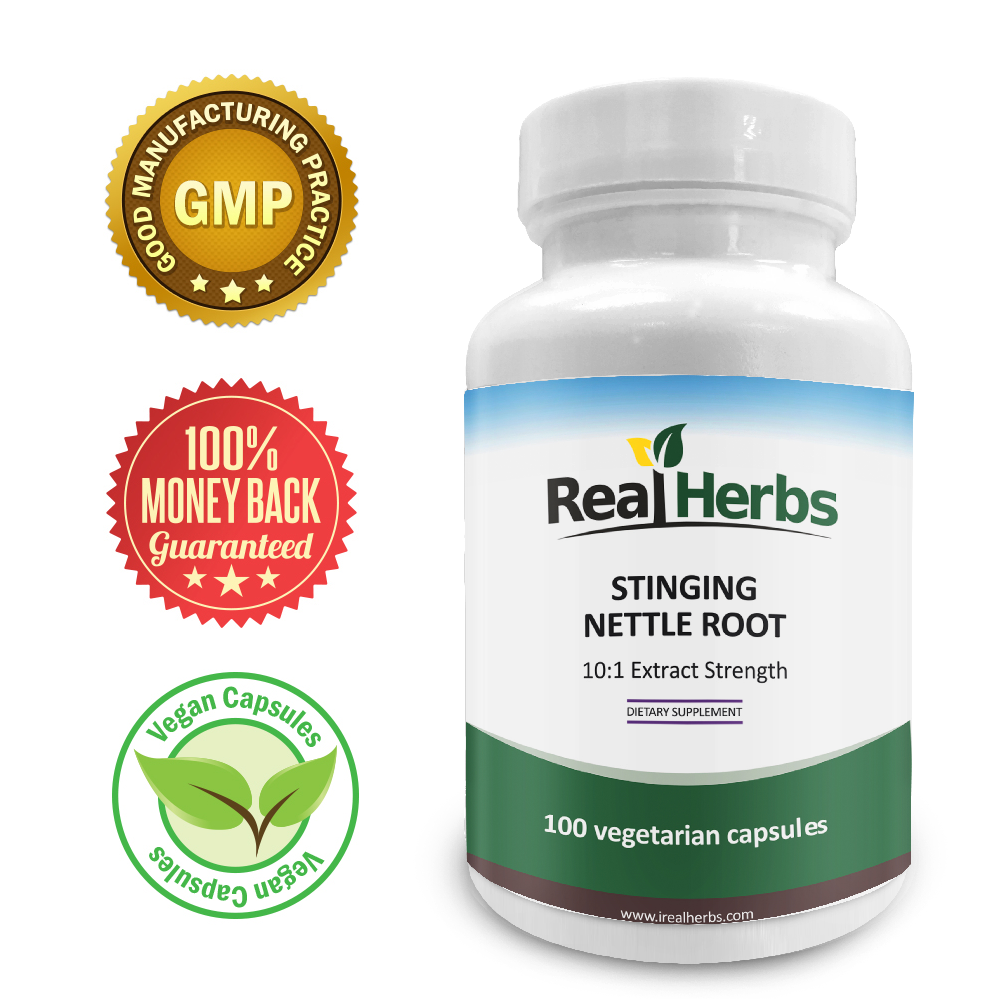In the realm of natural remedies for inflammatory conditions, one botanical ally that has garnered increasing attention is stinging nettle (Urtica dioica). From traditional uses in various cultures to contemporary scientific investigations, the potential anti-inflammatory properties of stinging nettle root have become a subject of interest for health enthusiasts and researchers alike.
To appreciate the role of stinging nettle in combating inflammation, it's essential to first understand the nature of inflammation itself. Inflammation is the body's natural response to injury or infection, involving a complex cascade of cellular and molecular events. While acute inflammation is a crucial component of the immune system's defense mechanism, chronic inflammation has been linked to various health issues, including cardiovascular diseases, arthritis, and autoimmune disorders.
Stinging nettle, characterized by its serrated leaves and tiny hairs that can cause skin irritation upon contact, has a long history of use in traditional medicine. Beyond its infamous sting, the plant has been valued for its potential health benefits. The root, in particular, is believed to harbor compounds that may play a role in alleviating inflammation.
Scientific interest in stinging nettle root centers around its rich array of bioactive compounds. These include lectins, phenols, and a variety of flavonoids. Some studies suggest that these compounds may contribute to the plant's anti-inflammatory effects. However, the precise mechanisms and their impact on specific inflammatory pathways are areas of ongoing research.
Numerous studies have sought to unravel the anti-inflammatory potential of stinging nettle. Research findings suggest that certain compounds in the plant may modulate the inflammatory response, leading to potential benefits for individuals dealing with chronic inflammatory conditions. It's important to note that while some studies show promising results, the field is still evolving, and more robust clinical trials are needed to establish the efficacy of stinging nettle for specific inflammatory disorders.
The mechanism through which stinging nettle exerts its anti-inflammatory effects is a subject of scientific inquiry. Preliminary studies propose that the plant may influence inflammatory pathways, including the inhibition of pro-inflammatory cytokines and enzymes. Understanding these mechanisms is crucial for elucidating how stinging nettle interacts with the body's immune system.
Stinging nettle has been explored as a potential therapeutic option for various inflammatory conditions. Conditions such as arthritis, allergic rhinitis, and inflammatory bowel diseases have been subjects of interest. While research is ongoing, anecdotal evidence and some preliminary studies suggest that individuals with these conditions may experience relief from certain symptoms when incorporating stinging nettle into their health regimen.
In summary, stinging nettle root presents itself as a fascinating natural remedy with potential anti-inflammatory properties. While the scientific exploration is promising, it's important to approach these findings with a balanced perspective. Stinging nettle may offer relief for certain inflammatory conditions, but individual responses can vary.
Reputable Resources for Further Exploration
-
National Center for Complementary and Integrative Health (NCCIH): Offers evidence-based information on herbal supplements and complementary health approaches.
-
PubMed: A comprehensive database of scientific studies, including research on stinging nettle and inflammation.
-
American Herbalists Guild: A professional organization providing information on herbal medicine.

